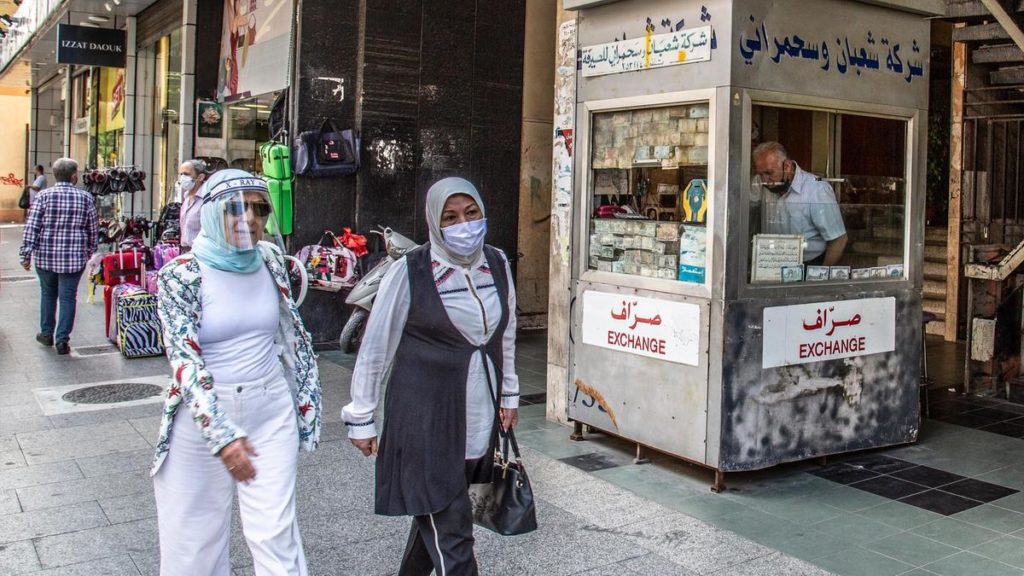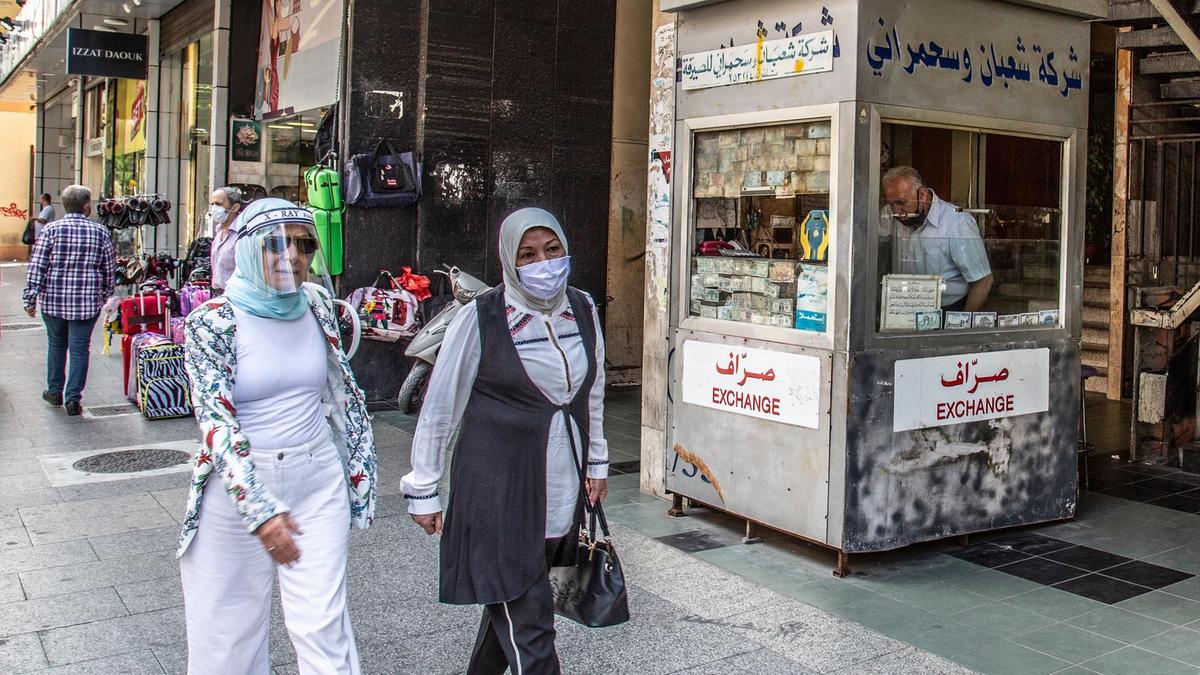Lebanon’s private sector economy continued to contract in May, albeit at a softer pace, as weak demand and a sharp fall in output worsened business conditions, adding pressure on an economy that has faced months of turmoil.

The BLOM Lebanon PMI index, a composite gauge that measures the strength of the private sector economy, rose to 37.2 in May, after hitting 30.9 in April, the lowest level on record. A reading above a neutral 50 indicates economic expansion and below contraction.
Firms attributed a sharp reduction in new business as the main reason behind the weakness. Panellists said their clients were hesitant to place orders amid uncertainty as the country continues to struggle to contain the coronavirus outbreak. With many businesses shut due to pandemic containment measures and those open facing significantly reduced demand, private sector firms registered a further contraction in output in May, but the rate of decline eased from April’s record. The decrease in sales in May was also the slowest for three months.
Cost burdens faced by Lebanese businesses continue to rise sharply, though. The rate of inflation accelerated to the highest in seven years and underlying data showed that the increase was driven by higher purchase prices, which more than offset falling wage costs, according to the survey.
“Effectively, the PMI fell short of the 45 threshold mark for developing countries to stand at 37.2 in May 2020, when the Lebanese pound aggressively depreciated against the US dollar in the parallel market, crossing the 4,000 mark,” Fadi Osseiran, general manager of Blominvest Bank, which compiles the survey with IHS Markit, said.
“As consumers’ wallets grew tighter, overall demand for goods and services fell, while output prices increased notably. It is imperative that the government expedites its negotiations with the IMF [International Monetary Fund] to unlock needed financing essential for Lebanon’s economic recovery.”
Lebanon’s economic growth has contracted an estimated 7 per cent in the first quarter of 2020. Blominvest Bank projections for the second quarter are “more alarming”, especially if Lebanon does not show the IMF “serious commitment and goodwill for reforms”, Mr Osseiran said.
Lebanon formally requested assistance from the IMF last month after months of widespread protests about its economic plight. The country’s debt ballooned to $92 billion (Dh337.6bn) at the end of January, giving it one of the highest debt-to-gross domestic product ratios in the world. The country’s GDP is also set to contract 12 per cent this year, according to the IMF.
THE NATIONAL


Leave a Reply
You must be logged in to post a comment.